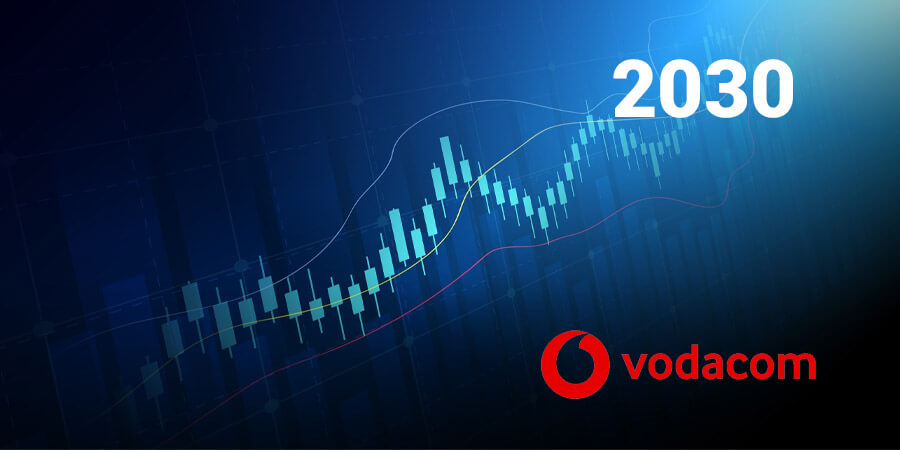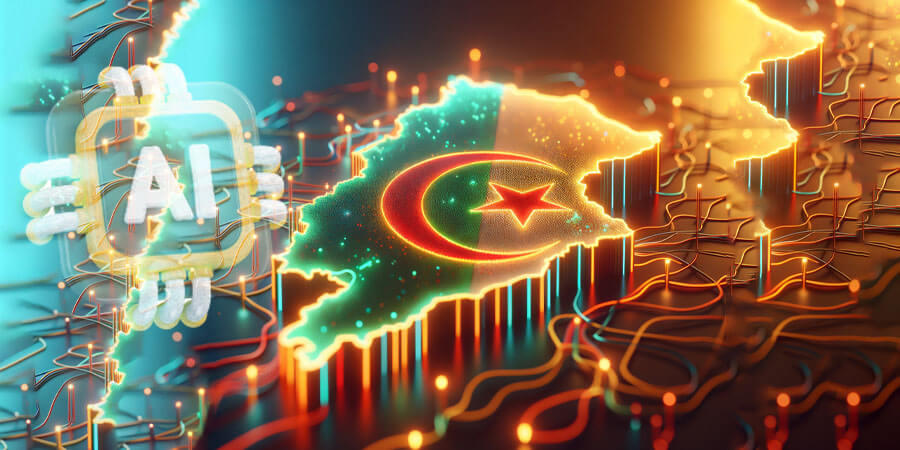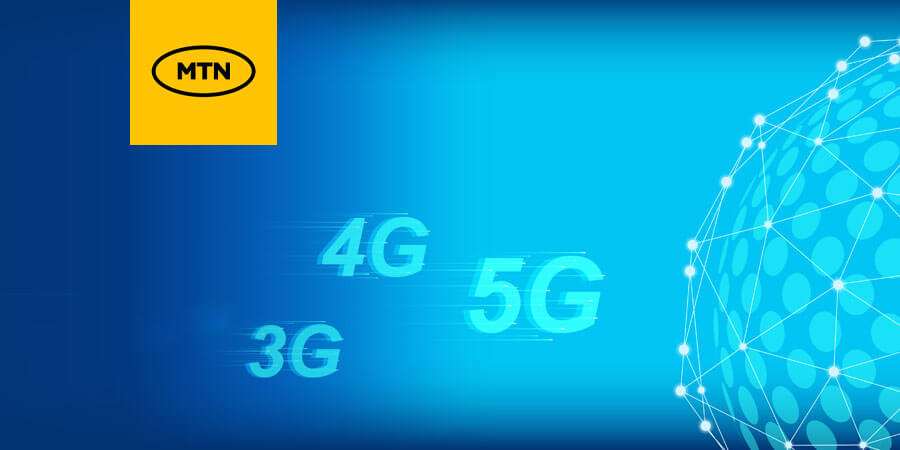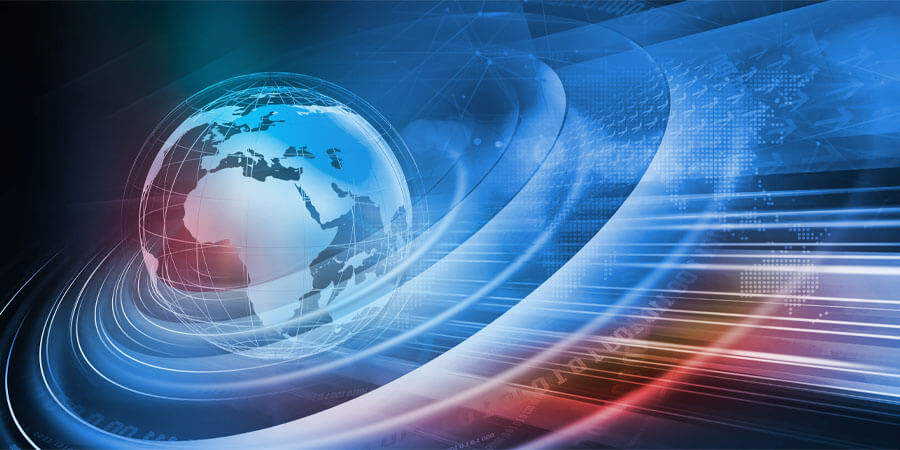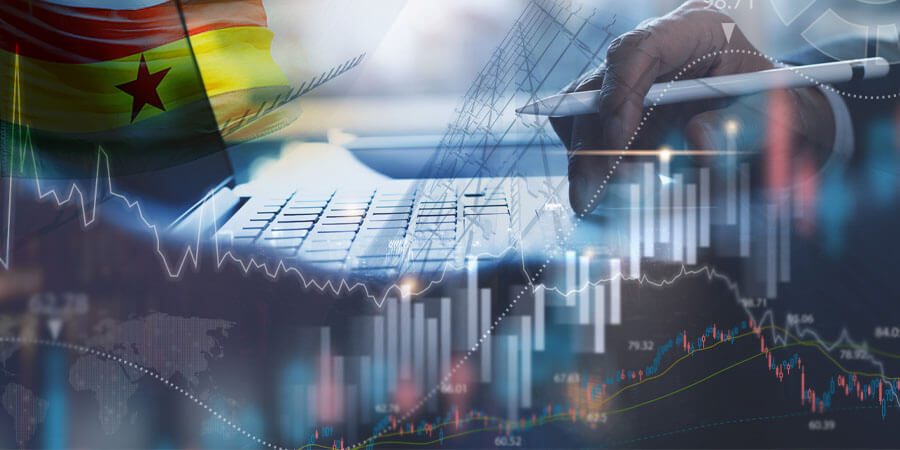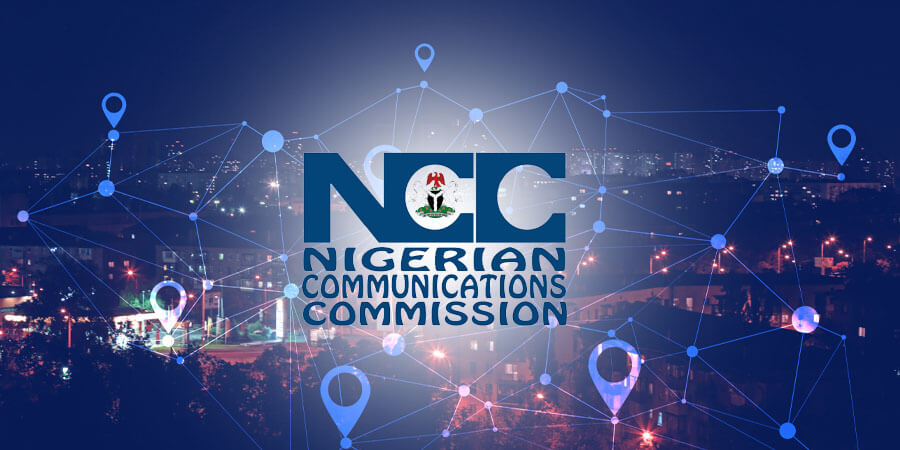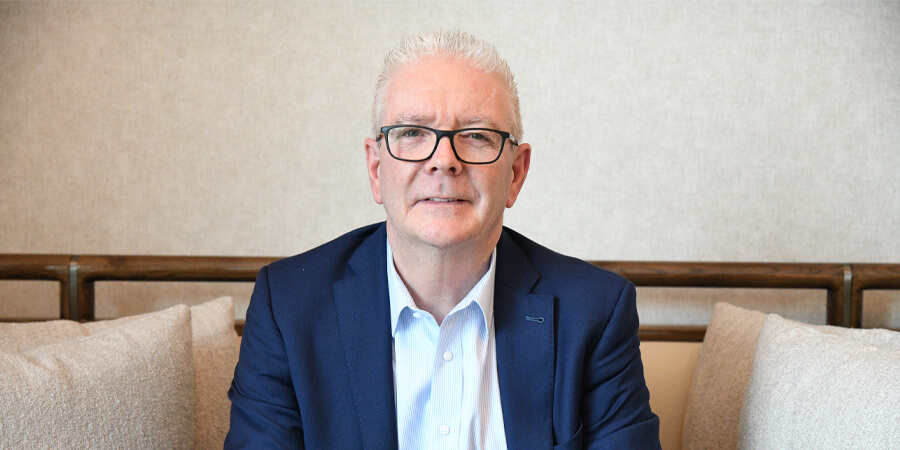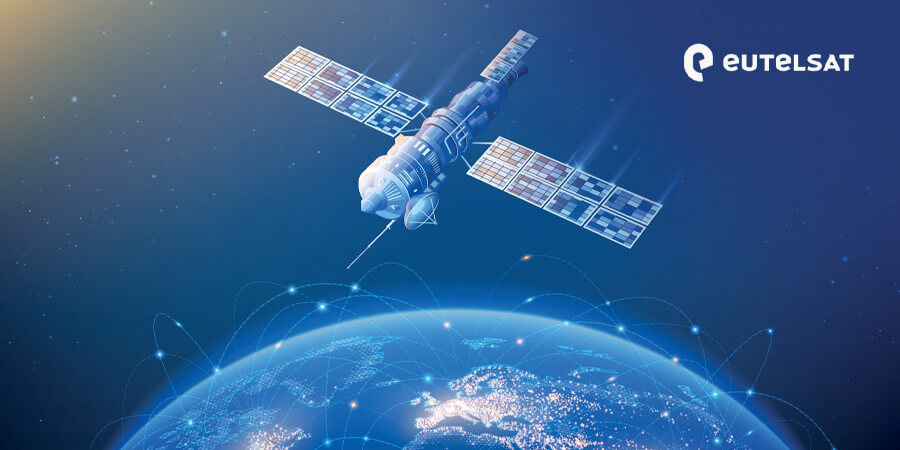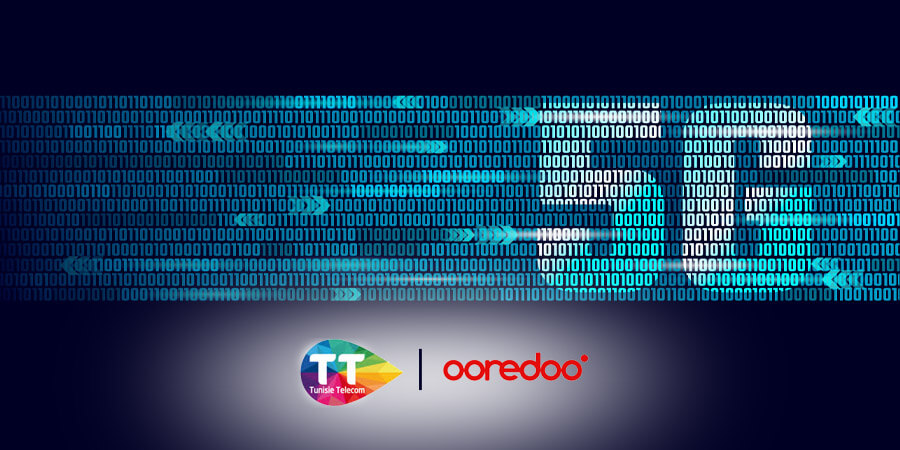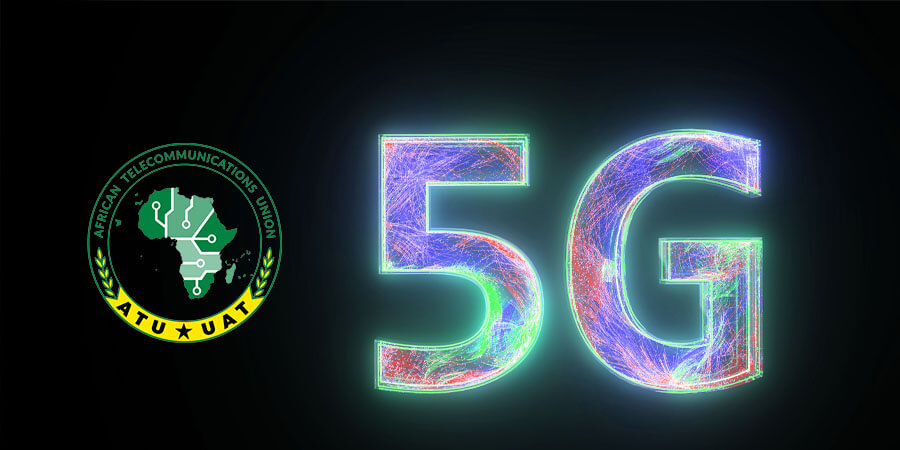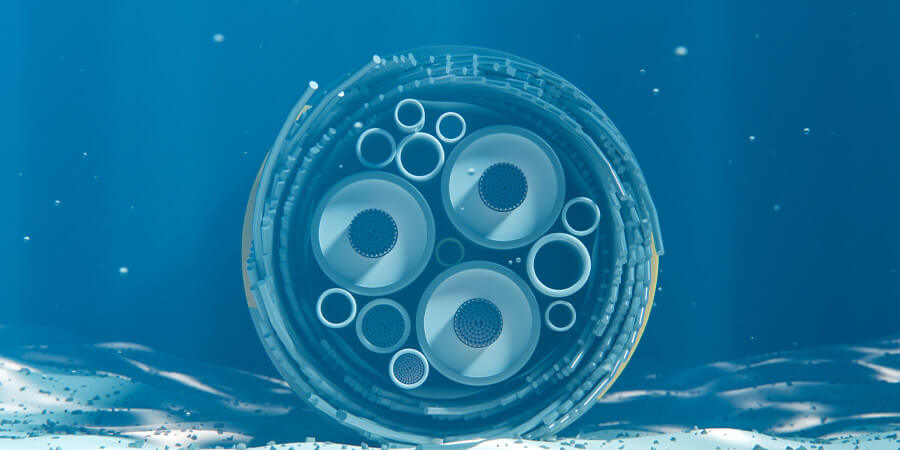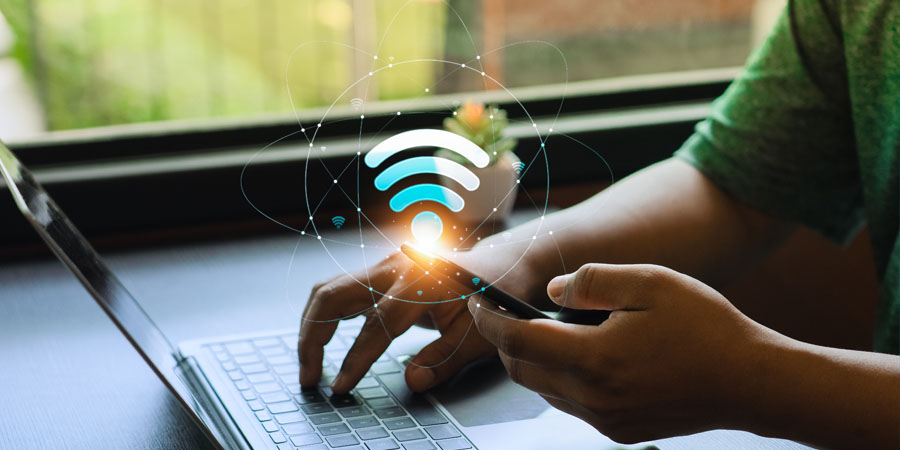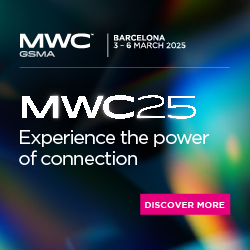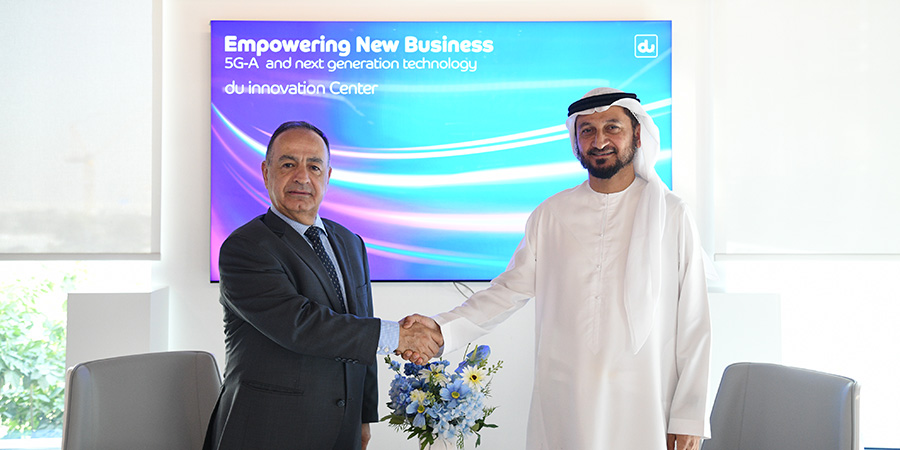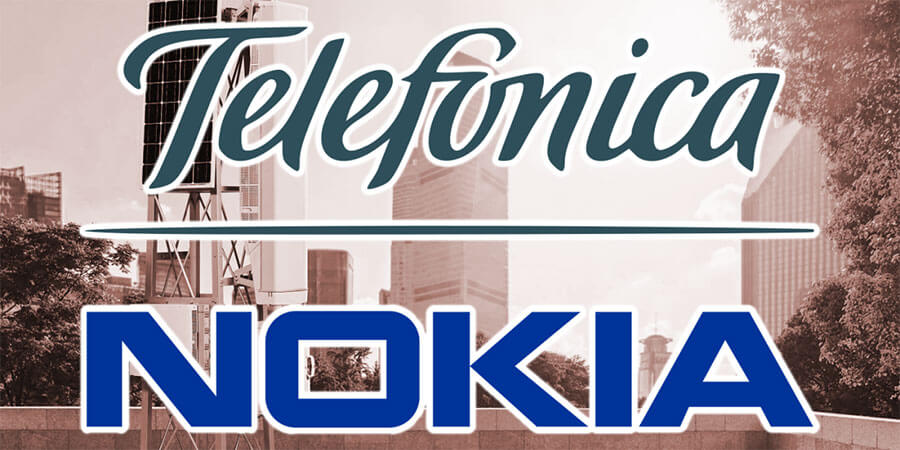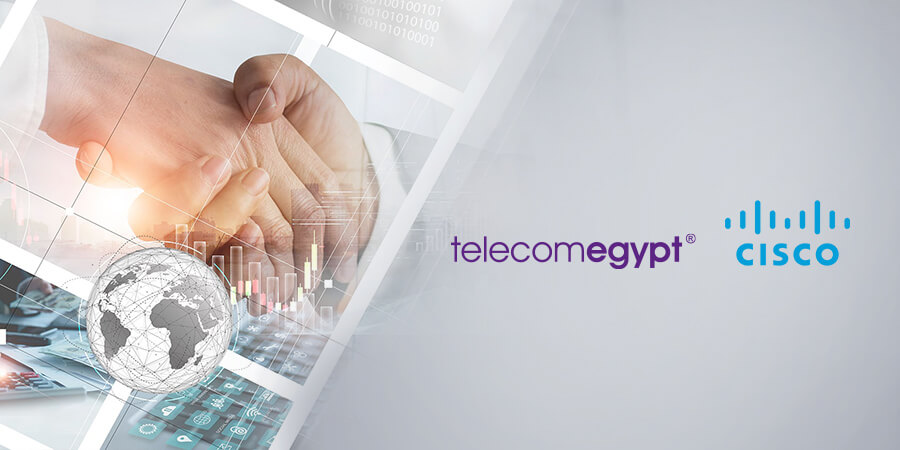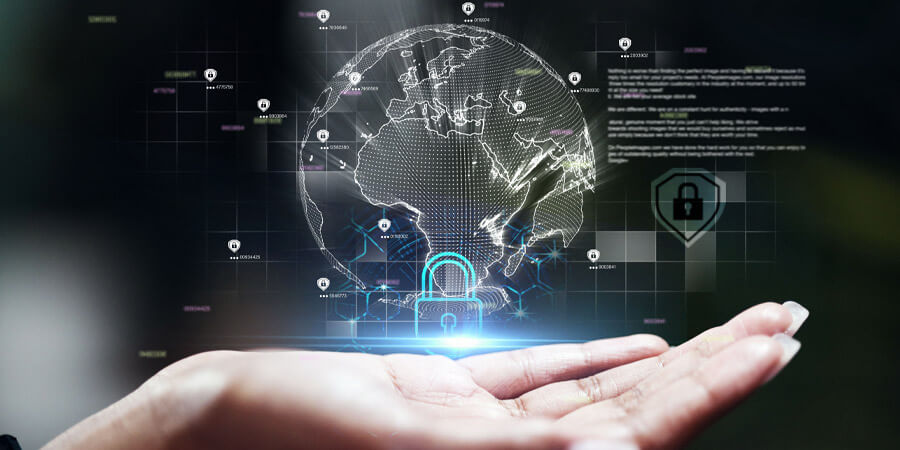A new study by Nokia and Telefónica has found that 5G networks are up to 90 percent more energy efficient per traffic unit than legacy 4G networks. The research, which was conducted over a three-month period, focused on the power consumption of the Radio Access Network (RAN) in Telefónica’s network. The rollout of 5G networks is set to increase traffic dramatically making it critical that the energy consumed does not rise at the same rate. The findings highlight both companies’ commitment to climate change.
Extensive testing examined eleven different pre-defined traffic load scenarios that measured the energy consumed per Mbps based on the traffic load distribution. The results highlighted that 5G RAN technology is significantly more efficient than legacy technologies when it comes to energy consumption per data traffic capacity with several hardware and software features that help to save energy. The study, which utilized Nokia’s AirScale portfolio, including AirScale Base Stations and AirScale Massive MIMO Active Antenna solutions, combined actual on-site base station energy consumption readings in different traffic load scenarios, ranging from 0 percent to 100 percent, as well as remote monitoring of actual power consumption through the network management systems.
5G is a natively greener technology with more data bits per kilowatt of energy than any previous wireless technology generation. However, 5G networks require further action to enhance energy efficiency and minimize CO2 emissions that will come with exponentially increased data traffic. There are several energy-saving features at the radio base station and network levels, such as 5G power-saving features, small cell deployments and new 5G architecture and protocols, which can be combined to significantly improve the energy efficiency of wireless networks.
Both companies are aligned with the ambition of limiting global warming to 1.5 Celsius. In 2019, Nokia delivered zero-emission products to over 150 customers worldwide and is committed to decreasing emissions from its operations by 41 percent by 2030. 46 percent less energy was used on average in the customer base station sites Nokia modernized in 2019 compared to those where its customers did not modernize.
Nokia and Telefónica are also developing smart energy network infrastructure and power-saving features based on machine learning and artificial intelligence. They are also collaborating to build green 5G networks.
Juan Manuel Caro, Director of Operational Transformation at Global CTIO at Telefónica, said, “We are committed to supporting action on climate change and engender a sustainable culture throughout our entire company. We are proud to work collaboratively with Nokia on this project and others to address a range of initiatives including driving energy efficiencies in the 5G era.”
Tommi Uitto, President of Mobile Networks at Nokia, said, “Our greatest contribution to overcoming the world’s sustainability challenges is through the solutions and technology we develop and provide. We place huge importance on this. Nokia’s technology is designed to be energy efficient during use but also require less energy during manufacture. This important study highlights how mobile operators can offset energy gains during their rollouts helping them to be more environmentally responsible while allowing them to achieve significant cost savings.”





